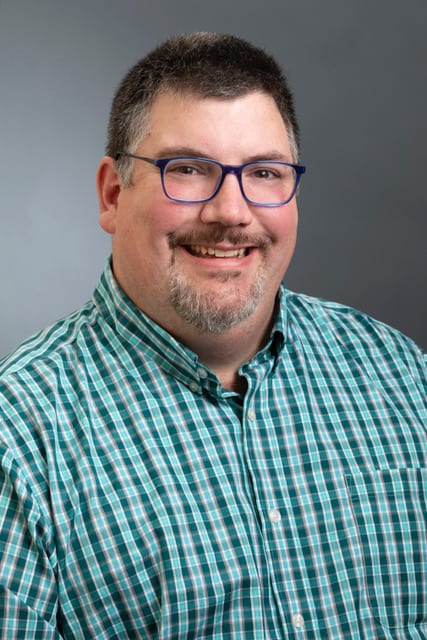REAP: As a child, what was your dream career?
Rob: I wanted to be a sports broadcaster! I actually achieved that goal at a very young age. I started broadcasting on local radio when I was 16 and was a sports director for a TV station when I was 20. The trouble is, I wasn’t very good at it. [laughs] I had the mind for it and the voice, but I just… didn’t enjoy being the center of attention. It was a great lesson to learn at such a young age, and it inspired me to pursue my Master’s degree—so I could find what I loved doing.
REAP: What have been some of the most rewarding energy-related projects you’ve worked on?
Rob: I have enjoyed the projects that give communities the tools to take control of their energy future. Whether that be through community energy planning, community data energy collection, or through knowledge sharing networks, I have been fortunate to be involved in dozens of projects that have achieved these ends.
REAP: What motivates you each day?
Rob: What I do makes a difference for people that live in energy cost-burdened communities. It helps them to build internal capacity and empowers them to make decisions that benefit future generations.
REAP: Are there any charities or causes that are close to your heart?
Rob: I love dogs! All of them. Big dogs, small dogs, annoying dogs, big lovable dogs, I just love them. I support Friends of Pets and the Alaska SPCA. I am also a sustaining donor to Alaska Public Media. I am also impressed by the work that Covenant House does. I did the young professional sleep-out three years ago to raise funds for homeless kids. It was a life-changing event.
REAP: That’s amazing! What do you like to do when you’re not at work?
Rob: I am a sports fan. I enjoy watching baseball with my father-in-law, or hanging out with my three dogs (Great Dane, St. Bernard, and Labradoodle) and watching soccer, rugby, or cricket. If there is a ball and strategy involved, I will likely watch it. My wife and daughter love to hike, camp, and fish so we do quite a bit of that during the summer.
REAP: What inspired you to work with us?
Rob: I have observed the work that REAP does for more than a decade… I shared many of the same goals and worked on the same projects as REAP employees and board members, but REAP wasn’t a fit for my skill set until the ETIPP came along. The ETIPP is a perfect fit for my skill set and I get to work with people I genuinely admire and respect—and make a difference for Alaskans.
